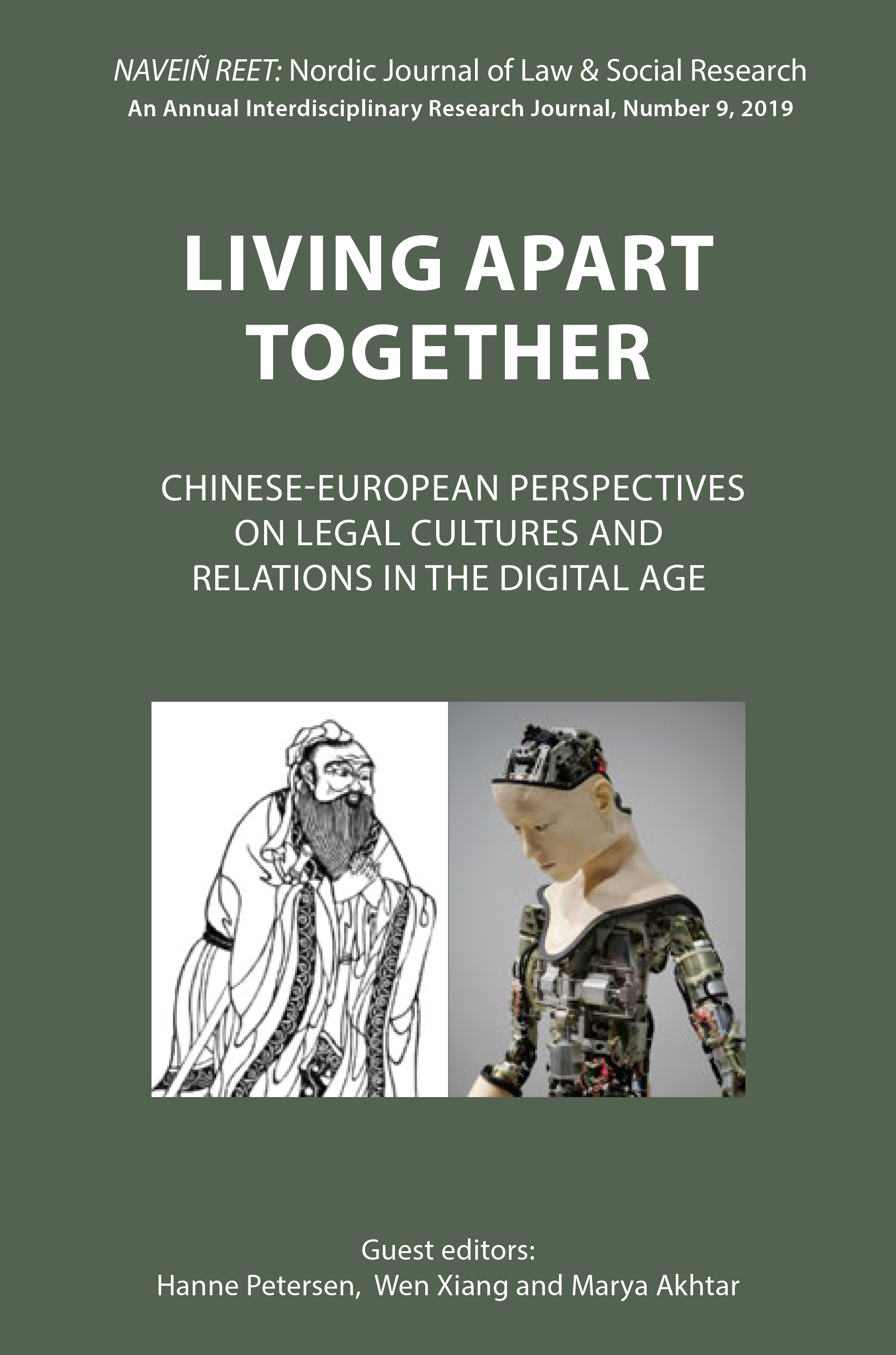Experiments for Democracy during the Culture Revolution in China
DOI:
https://doi.org/10.7146/nnjlsr.v1i9.122153Abstract
The democratic system based on political consultation and the people’s congress in PRC belongs to the category of indirect democracy, in which the key is to guarantee those in power represent the public’s interests. The Cultural Revolution was an attempt for this purpose and gave Chinese people a chance to experience some practices of mass democracy, including the democratic supervision in the form of mass criticism, the democratic governance in the form of rebellion and usurping, and the democratic participation in the form of Trinity. However, the Culture Revolution became a national disaster. With lessons learned, the Chinese leadership recognized the importance of the rule of law.
Downloads
Published
How to Cite
Issue
Section
License
Counting from number 12 (2022), articles published in NNJLSR are licensed under Attribution 4.0 International (CC BY 4.0). Readers are allowed to copy and redistribute the articles in any medium or format, to adapt and revise the articles, and use the articles for commercial purposes, provided that the readers give appropriate credits.
No Creative Commons licenses are applied on articles in number 1 (2009)-11 (2021). All rights reserved by the authors. Readers are allowed to download, read, and link to the articles published in volume 1 (2009)-11 (2021), but they may not republish or redistribute these articles without permission of the authors.

